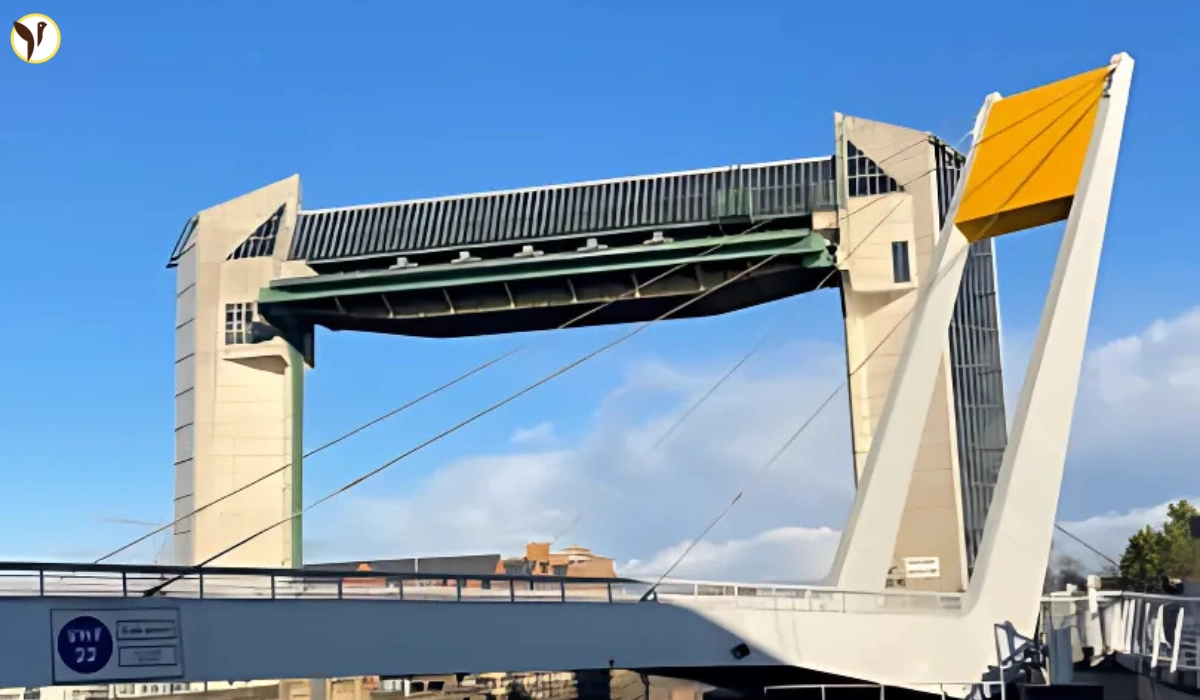Hull City Council is taking a big step to repair some of the city's essential infrastructure. A new five-year strategy has been approved to undertake critical repairs and improvements to bridges, pathways, and heritage features throughout Hull. The council is preparing an application for funding from the government’s new £1 billion Structures Fund, which has been recently announced for local authorities in England to help maintain vital infrastructure.
The proposal for funding is part of Hull’s broader strategy for securing a long-term investment in structures that are in various states of disrepair and wear. Many of these structures are not only fundamental to daily transport but also part of the heritage value of our city and public space.
Council Requests Help to Maintain and Preserve City Infrastructure
The report which has been approved by Hull's cabinet, establishes a list of the assets needing urgent attention. Including road bridges, pedestrian bridges, flyovers, piers and various statues and fountains scattered through the city with a total estimated cost of £42 million to repair.
Included are some of the most used bridges in the city and crucial for the flow of traffic and public transportation, such as North Bridge and Stoneferry Bridge. When they are closed due to maintenance or unforeseen faults the disruption is felt across the city, and that is part of the reason the council is saying this is unfunded and that more investment is needed.
Hull is also unique in that it sits on an existing network of rivers and waterways meaning Hull has more bridges than most UK cities. However, the council states there was no additional money received from the Government to cover the extra maintenance on their infrastructure.
Mike Ross, Leader of the Council, has changed letters with Prime Minister Rishi Sunak, Chancellor Jeremy Hunt, and the Secretary of State for Transport Louise Haigh, asking that Hull be regarded as a priority in regards to access to the new Structures Fund. In his letter, Mike stated that Hull relies a lot on bridges, so if one fails it can cause real issues for residents and businesses.
Aiming for Longer Term Improvements across Hull
The council’s intentions are not just fixes. The council has a longer-term focus for managing and maintaining key infrastructures across the city.
The extensive list of sites covered in the plan includes:
- Seven road bridges
- Two major flyovers
- Three footbridges, one being; Millennium Footbridge
- Victoria Pier and the River Hull Walkway
- Historic public landmarks such as statues and park fountains
The intention behind this strategy is to create a single inspection and maintenance programme for all these sites, to reduce the chance of sudden closures, not carry out emergency / costly repairs, and prolong the life of each structure.
A recent inspection of a few bridges showed obvious signs of ageing, and without suitable funding, it is felt that increases in the risk of closures are inevitable - the council hope that their newly found fund will give the necessary financial support to keep the structures safe and reliable.
The plan for a long-term transport strategy has gained positive feedback from residents and businesses. Many people have experienced delays and detours in the past when key bridges are closed. They believe a properly managed transport system is not just about traffic but keeping the city moving.
The government has not confirmed how the £1 billion would be spent. But Hull City Council has a well-prepared strategy and a strong case for financing, and they believe they might obtain the required support to protect and grow essential infrastructure in the city.
Source(Image / Thumbnail): thebusinessdesk









